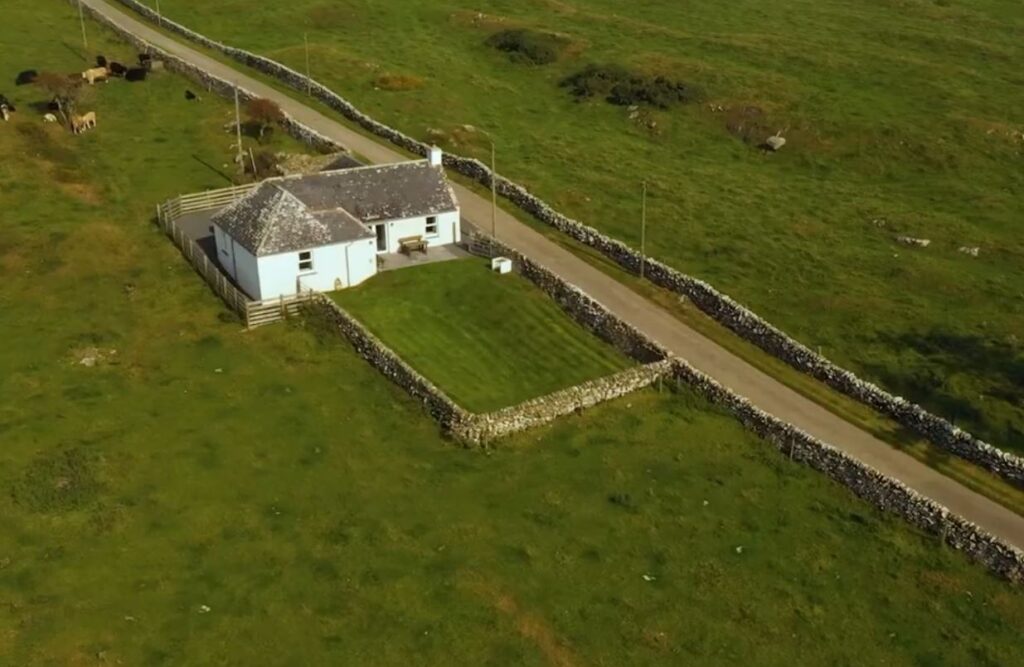ABN April 2024 – Management Matters: Retirement Planning
1 April 2024Thinking about your future
Many farmers quite rightly concentrate on the ‘here and now’ of their businesses, but how often is there thought given to life after the farm?
There’s a lot of conversation at the moment about succession planning, and part of that is where you will live in retirement.
If the farm is tenanted, and you have no successor and find yourself in the relinquishment scenario, there can be the added pressure of finding somewhere to move to. In many cases, farmers have lived most of their lives in the same place, so the emotional impact on you as a person must not be underestimated.
In a similar scenario, if a farm is owned and you’re faced with either moving out for the next generation or in the case of a sale, planning ahead to have somewhere to go can reduce some of the pressure at a stressful time.
Finding a property
If there is no obvious solution to this retirement housing issue, such as a farm cottage, then consideration may want to be given to buying a property and then letting it out until such time that you are wanting to move.
In doing this, you can take the time to choose a location you prefer and a style of property best suited to you.
There is obviously a cost in undertaking such a purchase, however consideration should be given to the revenue that can be raised from a rental income. The earlier a property is purchased, the more chance you may have of paying off any mortgage prior to retirement, but advice on this should always be taken before undertaking such a project.
Becoming a landlord
To rent out a property for either residential or holiday let use has a degree of responsibility, but it is all quite achievable. When looking for a property, consider if you are wanting a renovation project, or something more ‘hassle free’ and opt for a ‘turn-key’ property.
You may also want to consider engaging the services of a letting agent if you do not feel you have the time or capacity to be a hands-on landlord.
All properties rented out need to meet the minimum Tolerable and Repairing Standards as set out by Scottish legislation. This covers the fundamentals of a property, such as ensuring it is wind and watertight, but also that it has the required certificates in place. Properties require an Energy Performance Certificate, and the better renovated and insulated a property is, the better for all parties.
Electrics, gas, and water also need to be checked and confirmed safe within the property, as well as having the required alarms in place for smoke and heat detection.
Once a property meets the legislation for rental, a landlord is required to be registered with their local authority. Then the property can be advertised and rented out.
Current residential tenancies are governed by Private Residential Tenancies which have a much shorter minimum term that historic Short Assured Tenancies. Holiday lets (aka Short Term Lets) require additional paperwork, as would a House of Multiple Occupancy (HMO).
Current market rents have risen steeply in recent years; however, this needs to be balanced with finding a tenant who will look after your property and provide a stable rental income.
For further information or to have a chat about your options, please do get in touch with me.
jennifer.galloway@sac.co.uk 01776 702649
Sign up to the FAS newsletter
Receive updates on news, events and publications from Scotland’s Farm Advisory Service

